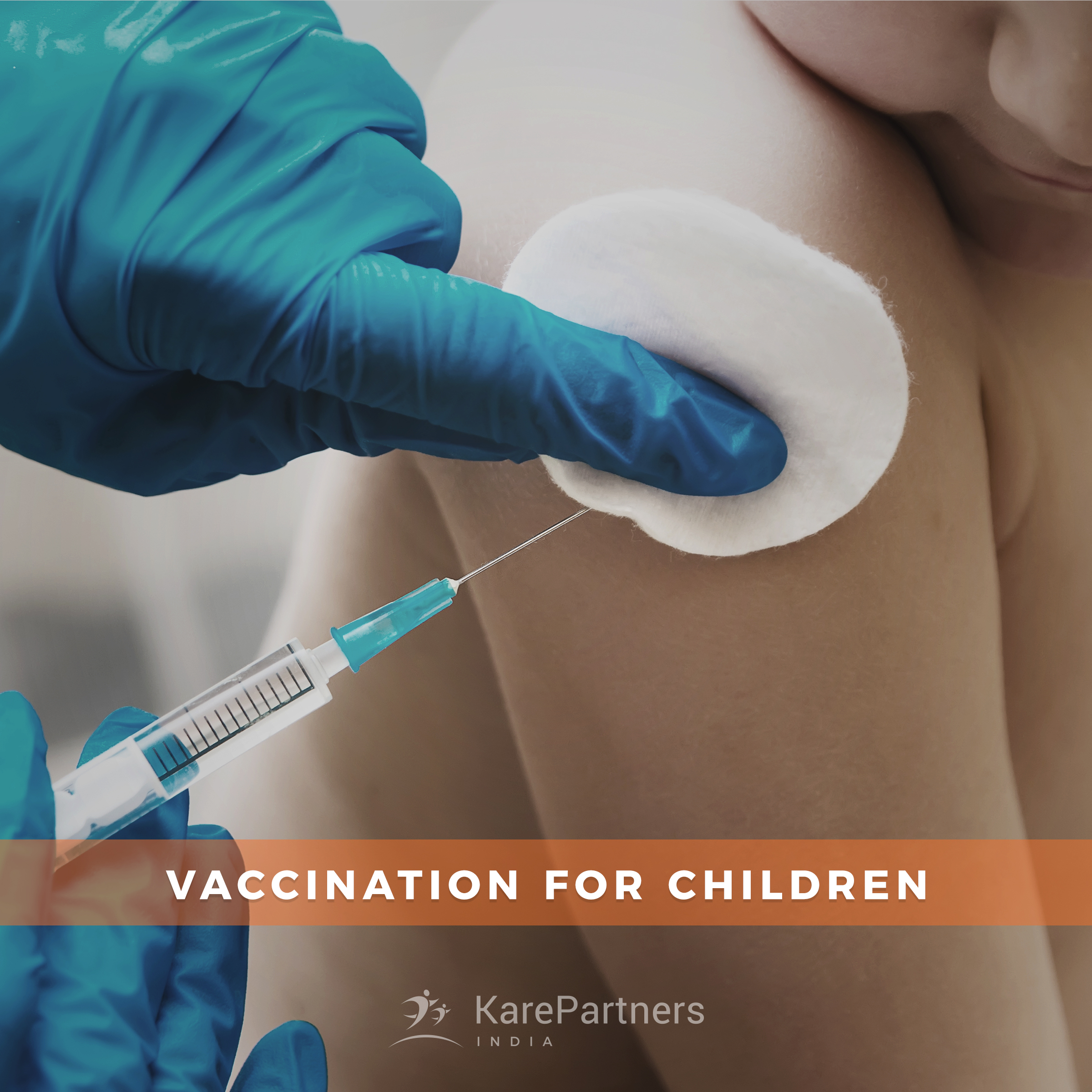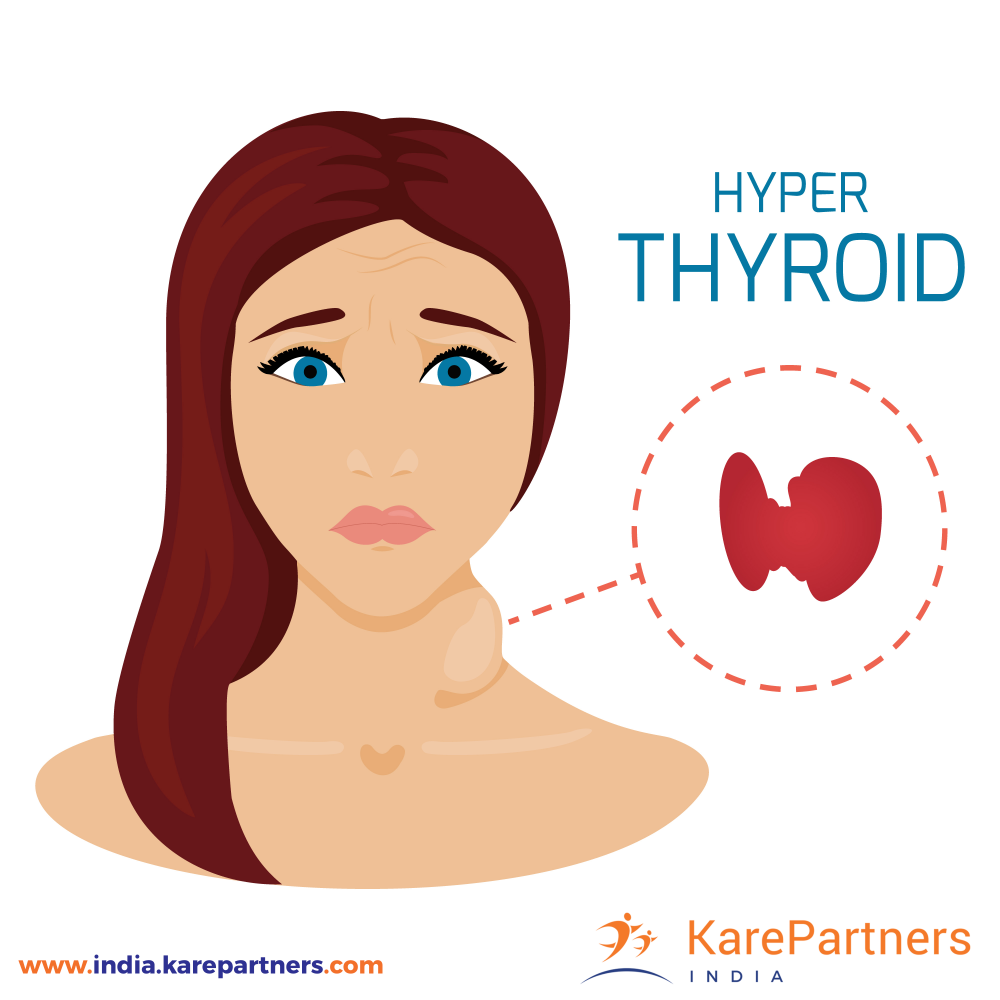INTRODUCTIONVaccination is a way through which you can guard your child against all the life-threatening diseases. Many children suffer and face death due to lack of vaccinations. The evolution of vaccines has made them even more safe and effective for adults as well as children. Vaccination is the best way to prevent diseases which can cause future disabilities in children. Proper vaccination schedule will not only save our future generation but will also our time and money.Find the IMPORTANCE OF VACCINATION AND IT’S SCHEDULE IN CHILDREN.
MECHANISM OF VACCINES- HOW VACCINES PLAYS IMPORTANT ROLE
Role of the vaccine is to guard our body against diseases and infections. When an organism (bacterium or virus) is external to the body, the immune system senses the organism and responds back by generating proteins named antibodies. Antibodies fight the contamination and help the person to get well.
Antibodies also work to avert a person from becoming sick in the later stages. If a person is exposed to the virus once more, the immune system identifies it and quickly produces more of the antibodies necessary to put an end to the organism. This retort shields the individual from getting affected by the disease, preferably for life. Vaccines work by encouraging the immune system to yield antibodies. There are 2 main types of vaccines: active and passive.- Active vaccines
- Passive vaccines
VACCINATION SCHEDULE–Find the vaccination chart required for your children at different stages.
- CHICKEN POX
- DIPHTHERIA, TETANUS AND WHOOPING COUGH
- MEASLES, MUMPS, RUBELLA
- POLIO
- INFLUENZA
- MENINGOCOCCAL
- HEPATITIS B
- HEPATITIS A
- HPV
INDIAN IMMUNIZATION PROGRAMMEUniversal Immunization Program (UIP) is a scheme by the Government of India. Primarily underneath this program, the government provides vaccines for 7 ailments. These ailments are polio, diphtheria, pertussis, tetanus, measles, hepatitis B, and childhood tuberculosis.
The program began in 1985 expanding its services of routine immunization (RI) in all the states of India. UIP also introduces new vaccines in the country’s immunization program. The Government of India often joins forces with the World Health Organization (WHO) and the United Nations Children’s Fund (UNICEF) to progress and regularly develop and improve its vaccination program and extend it to all parts of the nation.
REFUSAL TO VACCINES:Do you know still people refuse to get their children vaccinated. Find the reasons below:
- The religious point of view-
- Personal or Philosophical Reasons-
- Concerns for safety-
- Vaccines safeguard children and adults –
WHY VACCINATE YOUR CHILD AT BIRTH?Young children are at augmented danger for infectious ailments as their immune systems have not so far built up the essential barricades to fight serious infections and illnesses. As a consequence, ailments like a whooping cough or pneumococcal disease can be very serious — and even fatal — for infants and young children. Immunizations schedule should start initially in life to defend children before they are exposed to these ailments.
WHY GET MORE THAN ONE DOSE OF VACCINE?To build immunity one requires more than one dose of it and as vaccination protection fades with time, each and every dose is very important.
CONCLUSIONPrevention is better than cure, so one should never skip vaccines as many infectious diseases can be prevented with immunization. A vaccination chart for babies is given to each and every parent by the Government of India and it is a part of their parental duty to protect their child against illnesses by getting him all the vaccinations. Without delays and false preconceived notions, every person or parent is responsible for their children’s health. There are multiple mother and child hospitals in town with numerous and best paediatricians, who can help in vaccinating your child. Some hospital has the provision of vaccinating in their hospital during the birth of a child.
REFERENCES
- https://www.vaccines.gov/getting/for_parents/five_reasons/index.html.
- http://www.superbabyonline.com/immunization-schedule-in-india/.
- http://www.momjunction.com/articles/immunization-schedule-for-children-in-india_00381624/#gref.
- https://www.huffingtonpost.com/claire-mccarthy-md/the-top-7-reasons-parents-tell-me-they-dont-want-to-vaccinate_b_5441537.html.
- https://www.vaccines.gov/who_and_when/infants_to_teens/index.html


